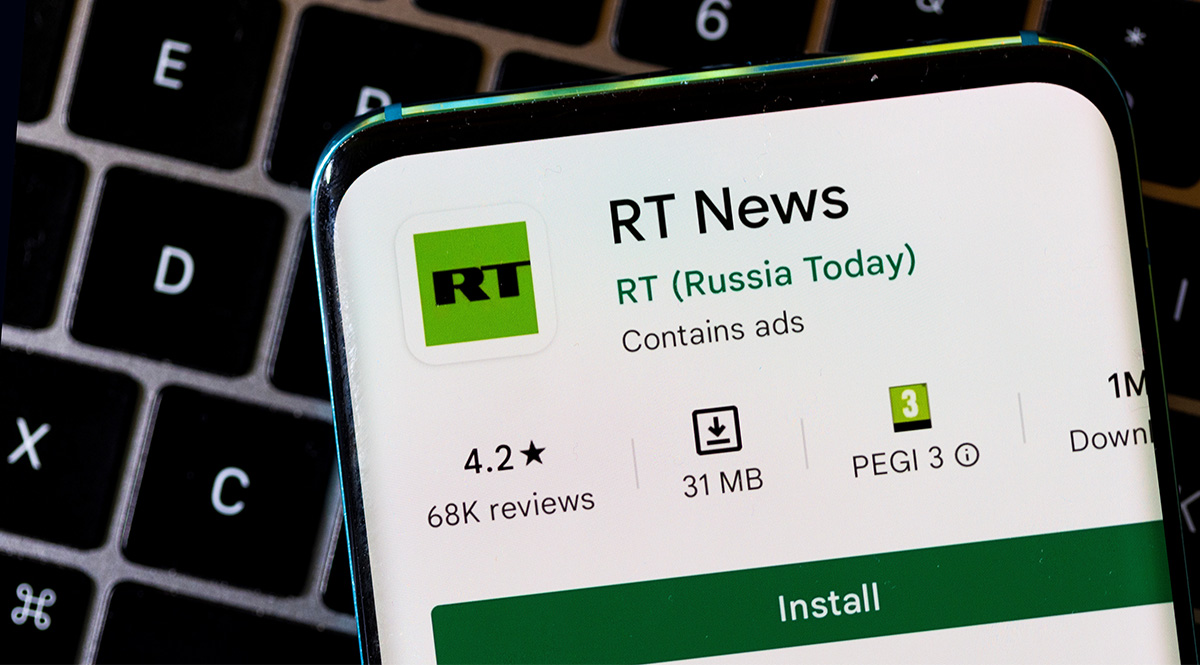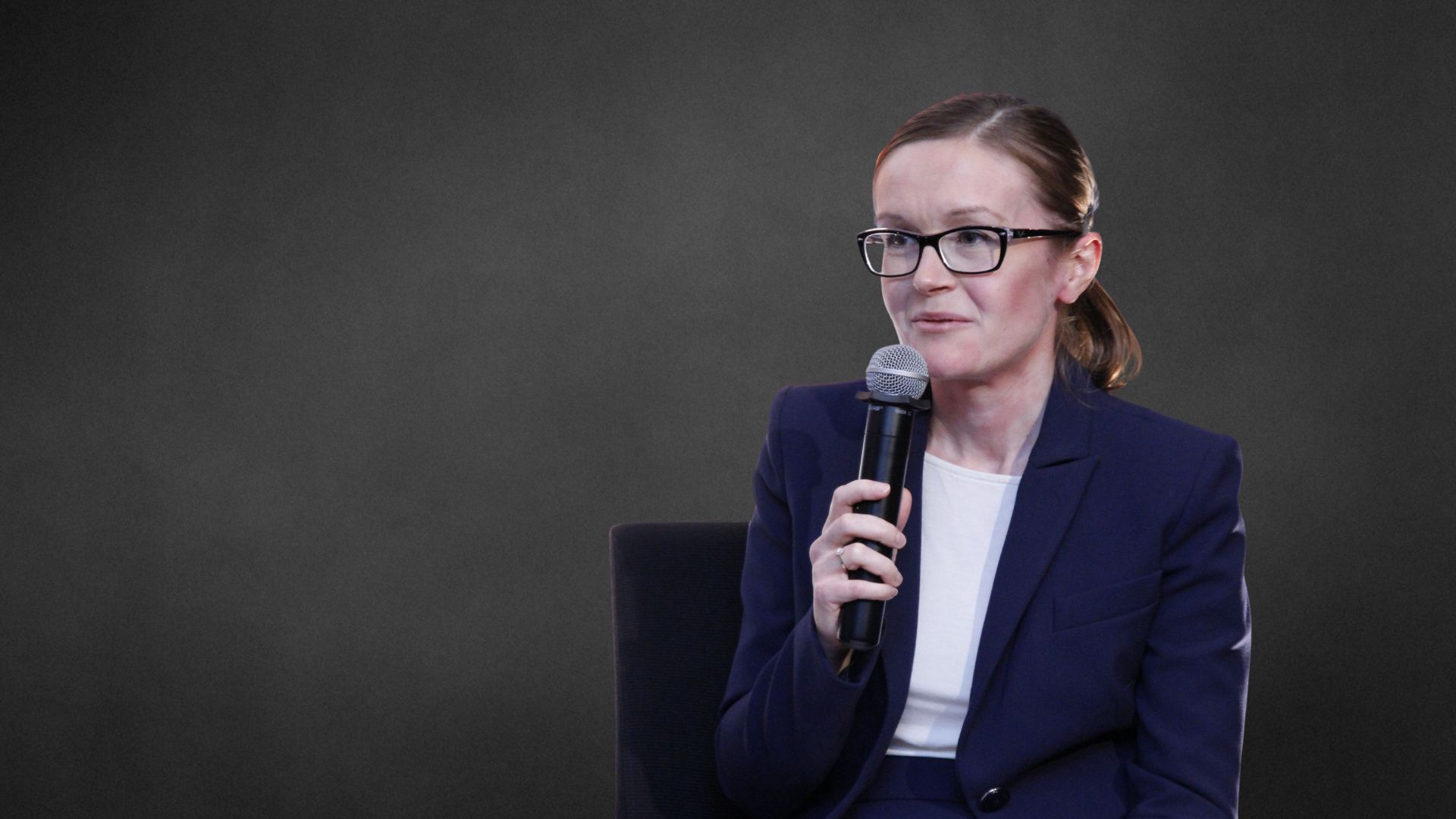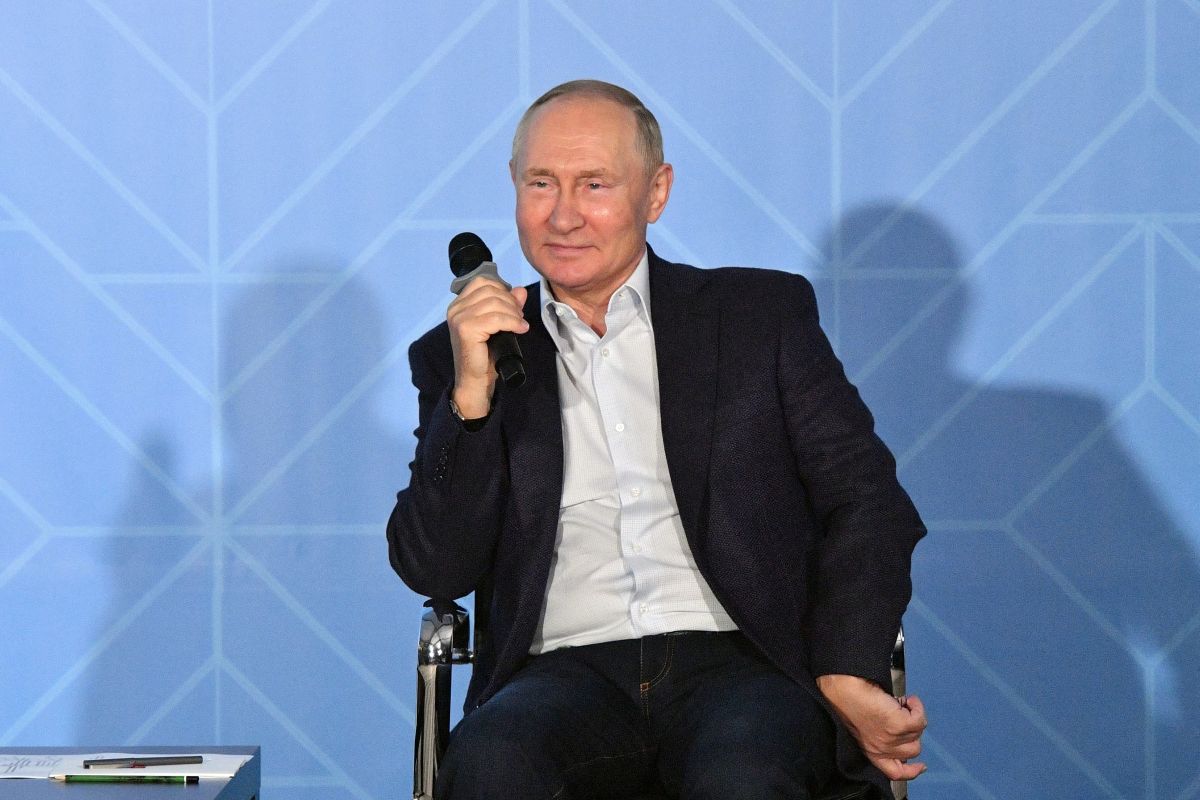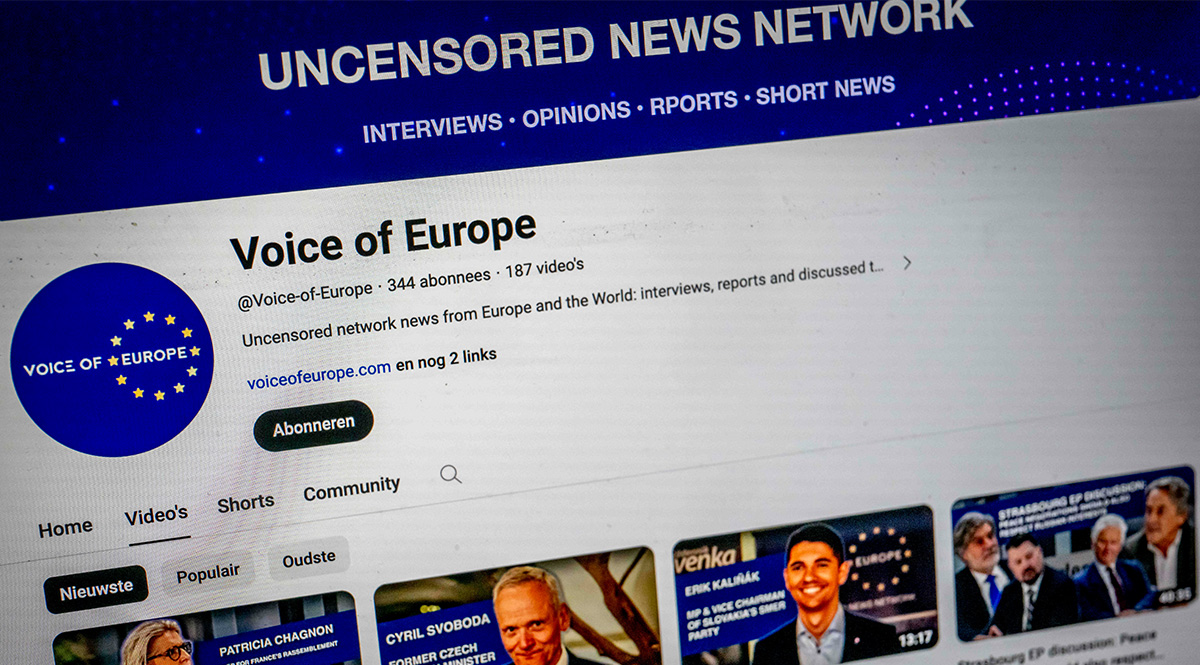EU Needs Better Monitoring to Enforce Sanctions on Russian Disinformation Online
 DADO RUVIC / Reuters / Forum
DADO RUVIC / Reuters / Forum
There are numerous Russian disinformation campaigns (according to the EU methodology Foreign Information Manipulation and Interference, FIMI) taking place in the European Union and they are intensifying ahead of the European Parliament elections. On 17 May this year, the EU imposed sanctions on additional actors responsible for disinformation linked to the Russian aggression against Ukraine: Voice of Europe, RIA Novosti, Izvestia, and Rossiiskaya Gazeta. Member States perceive the restrictions as a tool to counter to some extent disinformation by, among other things, increasing the cost to Russia of such campaigns, officially attributing them to the perpetrators and restricting the activities of Russian-linked media on EU territory. They are just one of the EU’s instruments in this field, in addition to, among others, the Digital Services Act (DSA), fully applicable since 17 February this year, or the early warning system.
Member States are also debating the adoption of a new sanctions regime for countering Russian destabilisation activities on a global scale, proposed by France, the Netherlands, the Baltic States, and Poland. It would increase the possibility of imposing restrictions for, among other things, conducting FIMI operations, as the current rules only allow them to be imposed for disinformation linked to Russian aggression against Ukraine.
Characteristics of Existing Sanctions
Since 2022, the EU has adopted restrictions on natural and legal persons responsible for spreading disinformation related to the war in Ukraine, which include freezing assets or banning entry to the EU (in 2014, the Union imposed them on Russian journalist Dmitry Kiselyov). The sanctions affect dozens of Russian propagandists, mainly well-known journalists, political commentators, writers, filmmakers, officials, or managers of media companies and organisations, and, as far as entities are concerned, more than a dozen media companies and organisations operating in the information sphere (Table 1). Of the entities included in this list, several, such as officers of the Russian intelligence service and its affiliated news agency Inforos, were sanctioned by the EU in July 2023 for running a specific disinformation campaign “RRN” (recent reliable news). It concerned the creation of websites impersonating government organisations and legitimate media outlets in Europe, mainly in Ukraine, France, Germany, Italy, the UK, and disseminating links to them on social media.
The EU has also suspended on its territory the activities of 18 media outlets used to deliberately spread Russian disinformation about the war, including Sputnik, RT, and their subsidiaries (Table 1). The ban applies to all means of transmission and distribution within the EU, including cable TV, satellite TV, internet TV, platforms and websites and apps. The national institutions regulating media services are responsible for the implementation of these sanctions. In Poland, this is the National Broadcasting Council. Some Member States have taken additional action. Lithuania has banned all Russian and Belarusian media from broadcasting on its territory. Estonia, Latvia, and Poland have suspended the broadcasting of selected Russian and Belarusian TV channels in line with the national security provisions of the Audiovisual Media Services Directive (AVMSD).
Impact of Sanctions and Problems with Implementation
As the European Commission (EC) and the vast majority of Member States do not monitor the information space for compliance with EU sanctions, available data on the effectiveness of the restrictions is limited. In the three months following the March 2022 ban on several Russian media outlets in the EU, traffic on related domains in the EU fell by 74% compared to the previous year, although the situation varied between Member States (data from the Institute for Strategic Dialogue, ISD). According to the Denis Diderot Committee (DDC), in 2023, Member State authorities effectively banned Russian media on TV and radio. However, monitoring by these NGOs indicates numerous practices of circumvention of sanctions, mainly on the internet. Russian media content is disseminated via, among other things, alternative domains containing content identical to the original sites, but via different URLs or websites containing only selected articles or links redirecting traffic to Russian media. Access to blocked content can be gained through the use of a VPN service, which allows circumvention of geographical restrictions by masking the IP address. Some providers of IPTV platforms, card-sharing services, or M3U lists allow access in the EU to some of the sanctioned channels, and their opaque ownership structure is an obstacle to legal action against those who run them.
The low detection rate of such practices is due, among other things, to the limited harmonisation of the implementation of sanctions by Member States. Few have put in place mechanisms to monitor the internet and remove banned content like Lithuania, which blocked around 200 IP addresses between 2022 and 2023. In part, this may be due to the developing operational capacity to tackle disinformation in the EU, where only a few countries have specialised agencies in this sphere, such as France and Sweden. In the case of sanctions against Russian media companies, different interpretations of EU rules by members in implementing financial restrictions remain an issue. Despite the freezing of assets, some Russian services and TV channels are still available in the EU. In addition, as the rules for satellite communication services are not harmonised in detail at the EU level, European Union-based satellite operators such as Eutelsat can broadcast banned channels outside the EU.
A significant challenge in the implementation of sanctions is the ability to spread disinformation cheaply and quickly on social media, which in turn ban content only to varying degrees. While in 2022 some of them, such as Meta, LinkedIn, and Pinterest removed links directing to RT and Sputnik, others such as Whatsapp, Telegram, and Disqus took no such action (ISD). In 2023. YouTube remained the network with the highest number of subscribers sharing videos of banned Russian media (DDC). While the DSA rules strengthen EU control over social media platforms in the field of combating disinformation, their effectiveness will depend on the practice of enforcement.
Conclusions and Recommendations
Key to increasing the effectiveness of EU sanctions is reducing the scale of circumvention, especially online. To this end, relevant institutions of Member States could implement internet monitoring to catch sites replicating banned media content (using tools used by NGOs) and block identified IP addresses. Increasing EU and Member State control over social media platforms to remove banned content remains an unresolved issue. Member States could also harmonise the practice of suspending the services of financially sanctioned Russian media companies and the EC could issue specific guidelines in this area.
EU sanctions could be extended to include further Russian media companies, such as the Gazprom Media holding (already subject to U.S. restrictions) and, based on Member State data, to include the initiators of detected disinformation campaigns in the EU or to ban further Russian media outlets. It also is important to adopt a new sanctions regime to increase the possibilities of imposing sanctions. For example, the Russian platforms Trikolor and NTV Plus broadcast a number of channels outside the EU spreading Russian disinformation about the EU and the war, using Eutelsat services. Poland will probably continue to cooperate to tighten sanctions with France, the Baltic States, the Netherlands, and others. The creation of a specialised government agency to detect disinformation should be a priority.
Table 1. Russian Media and Companies/Organisations Subject to EU Sanctions
|
Entities banned from broadcasting in the EU: |
|
|
Financially sanctioned companies/organisations: |
|
Source: Author’s compilation based on EC data, 2024.





